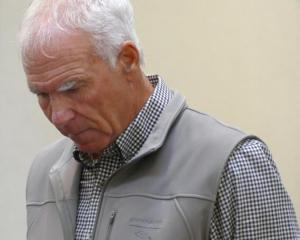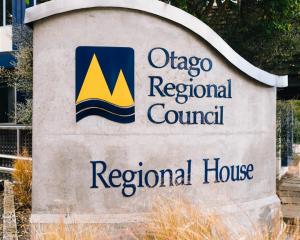The main ethical hurdle to establishing a universal forensic DNA database is cost, not civil liberties, Canterbury University ethicist Dr Carolyn Mason says.
Addressing the New Zealand Bioethics Conference in Dunedin on Friday, Dr Mason said the huge cost of the computing systems needed to hold every New Zealander's profile in a database seemed like the ''wrong kind'' of ethical objection to its development.
However, the money it would absorb could be used to fund other social services.
Dr Mason said maintaining the existing partial database created inequalities, because those it captured as part of criminal justice proceedings were likely to be the least powerful members of society.
If universal, there would be political pressure to ensure it was not abused, because no-one would be exempted.
Criminal conviction rates were likely to increase, and its existence would act as a deterrent, Dr Mason said. However, Dr Mason acknowledged it could wrongly implicate some people in crime scenes.
At present, when police investigated serious crimes, they sometimes requested familial DNA samples, which was distressing when it revealed previously unknown relationships.
She admitted thatsome would see her view as ''naive'', but she did not believe New Zealand would ever be ruled by a totalitarian government that would abuse such a database.
It was possible costs would reduce over time with advances to computing systems, she said.
Retired biochemist Dr Mike Legge, when asked for audience questions, suggested the collection of blood spots from babies had become a ''default'' database, which had even been used in criminal cases under strict legal controls.
New Zealand established its database of DNA profiles (samples are destroyed) in 1995, the second country to do so.












